- Home
- entertainment
- news
- The evolution of sampling in hip-hop, from The Sugarhill Gang to A Tribe Called Quest
The evolution of sampling in hip-hop, from The Sugarhill Gang to A Tribe Called Quest
Elias Chavez

- Sampling originated from DJ Kool Herc's Merry-Go-Round technique.
- Over time, the technique evolved and has created hip-hop songs with ties that go back decades.
When hip-hop first started in 1973 at a party thrown by Clive Campbell, also known as DJ Kool Herc, it might have sounded different from the hip-hop we know today, but much of the groundwork has remained the same.
Herc pioneered spinning records on twin turntables to extend the drum breaks, omitting lyrics, and giving dancers and rappers time to perform. Herc's method, originally called "the Merry-Go-Round" technique, has evolved in the 50 years since it was invented.
Because this method relied on pulling from existing songs, hip-hop has been tied to the sounds of funk, jazz, and disco.
With the growth of hip-hop into a global genre, sampling has become more complicated than it was 50 years ago. Copyright law and the process of clearing samples have led to lengthy and expensive processes for artists, making sampling harder for a newer generation of rappers.
It all started with DJ Kool Herc, his Merry-Go-Round technique, and the Incredible Bongo Band.
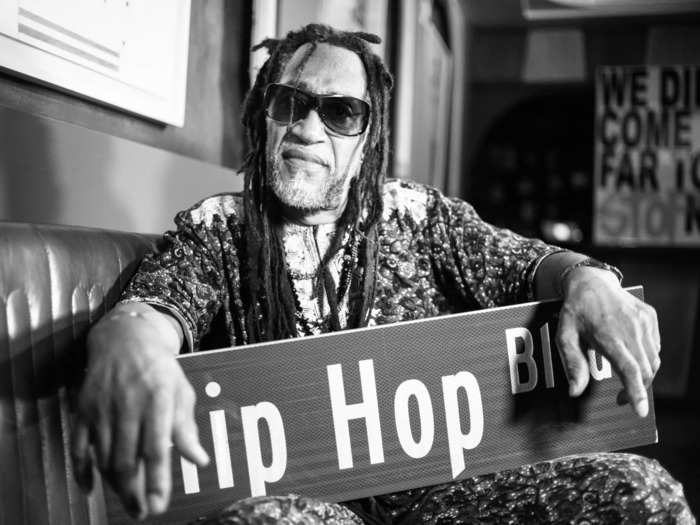
Herc and his sister threw a party at an apartment complex in the Bronx where he and another DJ brought the concept of looping to the masses. The day of this party — August 11, 1973 — is widely considered the birth of hip-hop.
Though it isn't immediately clear what melodies Herc sampled that night, he was known for using the drum break at the beginning of the song "Apache" by the Incredible Bongo Band to start his Merry-Go-Round technique at parties.
"It was the segment where I played all the records I had with beats in them, one by one," Herc told The New York Times in 2006. "I'd use it at the hypest part of the night, between 2:30 and 3 a.m. Everybody loved that part of my format."
"Apache" was the first song to be used in this way, according to Herc. The song has since become a mainstay of hip-hop, so much so that Herc has called it the national anthem of hip-hop.
The Sugarhill Gang's famous song "Apache" is built from Herc's breakbeat.
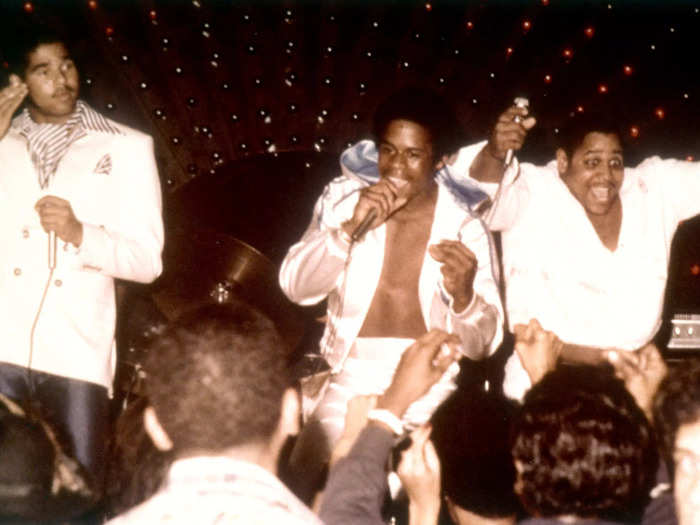
The song uses the same breakbeat — a drum break from a record put on a loop — at the beginning of their iconic song.
The Sugarhill Gang used the song to create their hit, but they wouldn't be the last.
In total, over 700 songs have utilized the same drum break from "Apache" by the Incredible Bongo Drum Band that Herc used at the birth of hip-hop.
"Made You Look" by Nas also uses the Incredible Bongo Band's drum break.
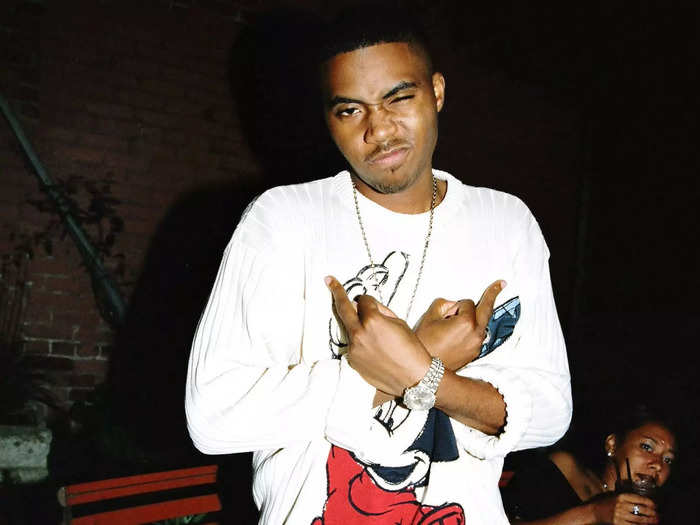
Even "Machete" by Moby uses the same drums from the Incredible Bongo Band.
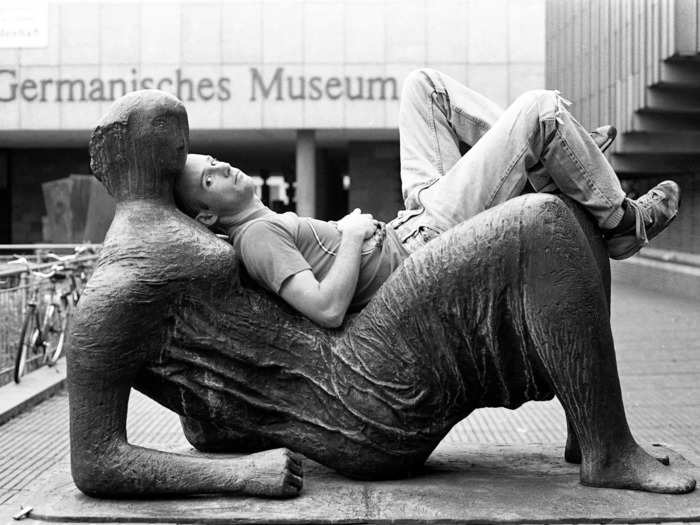
More artists like Missy Elliott, Wu-Tang Clan, and Jay-Z and Kanye West have used the same song as a sample in their songs.
James Brown has also influenced various hip-hop songs.
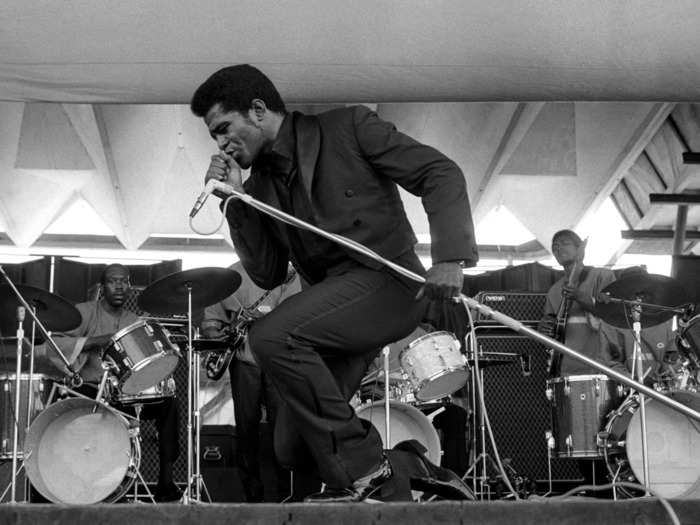
Most notably, Brown's song "The Funky Drummer" has been sampled in over 1,000 songs and has even been used in the theme song for The Powerpuff Girls.
"The Funky Drummer" became so popular amongst producers and DJs for its breakbeat, which is only four seconds long in the original song, that it was re-released.
The re-released version features the four-second drum section on a loop to make it more accessible for DJs.
Among other songs, "The Funky Drummer" has become a recurring sample in a long line of sampling in hip-hop.
The song has been sampled in some of the most popular hip-hop songs, including "Fight the Power" by Public Enemy, the theme music from the 1989 film, "Do The Right Thing," directed by Spike Lee.
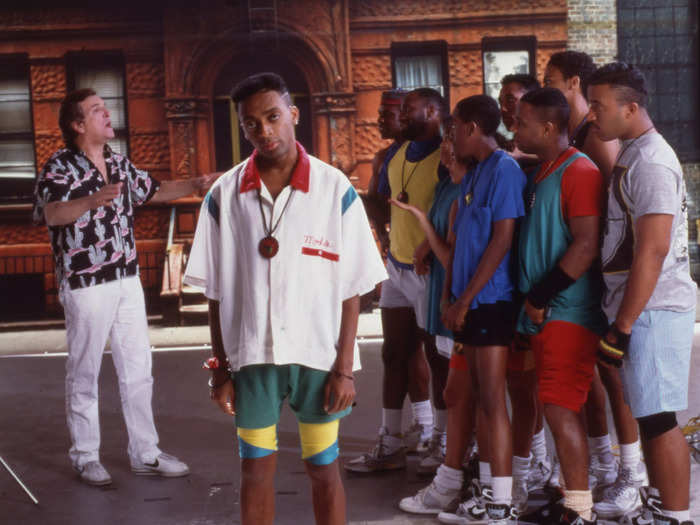
The Funky Drummer sample can also be heard in LL Cool J's "Mama Said Knock You Out."
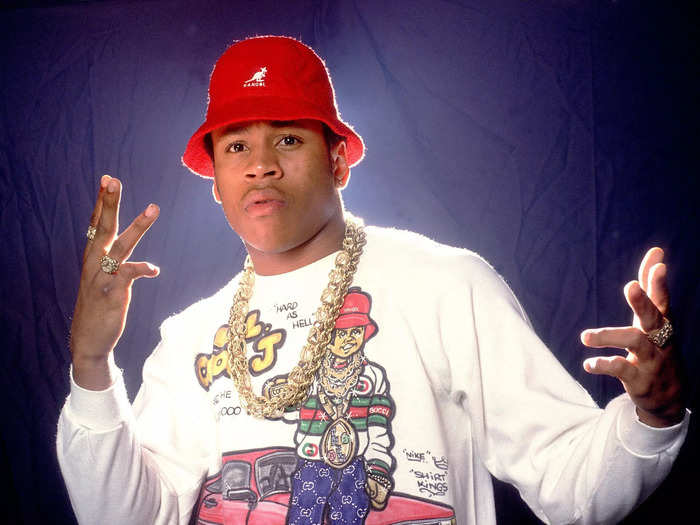
Other popular songs include: "Let Me Ride" by Dr. Dre, "Rebel Without a Pause" by Public Enemy, and "Fuck Tha Police" by N.W.A.
Brandon Shaw, the bassist in Nas' live band and creator of "Digging the Greats" YouTube channel, researches sampling and creates videos tracing back the origins of specific samples.
Shaw said he believes that sampling has become a form in hip-hop akin to those in classical music, the blues, and jazz.
"In the same way that classical music has specific forms, I think it's the same thing for hip-hop. It's just that the samples are sort of that structure," Shaw told Insider. "So you have a funky drummer sample; well, we know what a funky drummer-based song is going to be like."
"Think (About It)" by Lyn Collins and produced by James Brown has been sampled over 3,000 times.
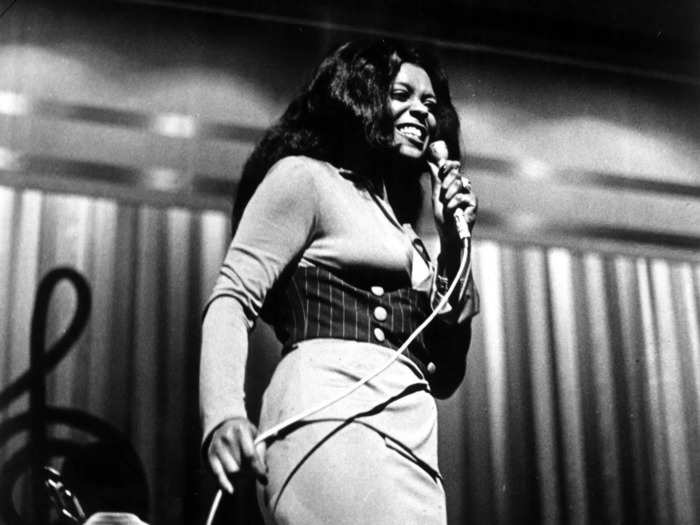
The sample from "Think (About It)" found its way into popular songs of the '80s and '90s that have also been sampled.
By digging through music crates and familiarizing themselves with the music from the time before them, DJs could revitalize music from a prior generation. In revitalizing these songs, they popularized their own, which became the basis of lyrics or musical samples for new generations of artists, creating long chains of influence.
Bob James is another unlikely pillar in the sampling pantheon and is referred to as the "godfather of hip-hop."
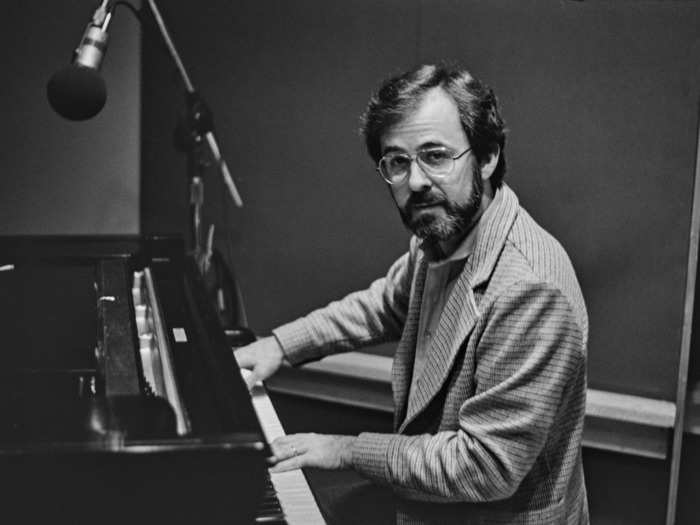
Bob James is a jazz musician who has been performing since the 1960s. One of his most recognizable songs was for the 1978 TV show "Taxi."
But to the world of hip-hop, that is only a drop in the bucket of his influence. James has been referred to as the "godfather of hip-hop" because of how often his songs get sampled.
Brown is aware of this title and that his song, "Nautilus," has been used more than 300 times.
"I have a lot of respect for the architectural aspect of production in hip-hop," James told Vice in a 2013 interview. "I respect what they do, and I know what they're trying to do is very different from what I was trying to do, so I never felt like it was music that just copied and redid what the original composer did. I like the bizarre and unpredictable nature of it."
"Children's Story" by Slick Rick is one of the most famous examples of a "Nautilus" sample in a song.
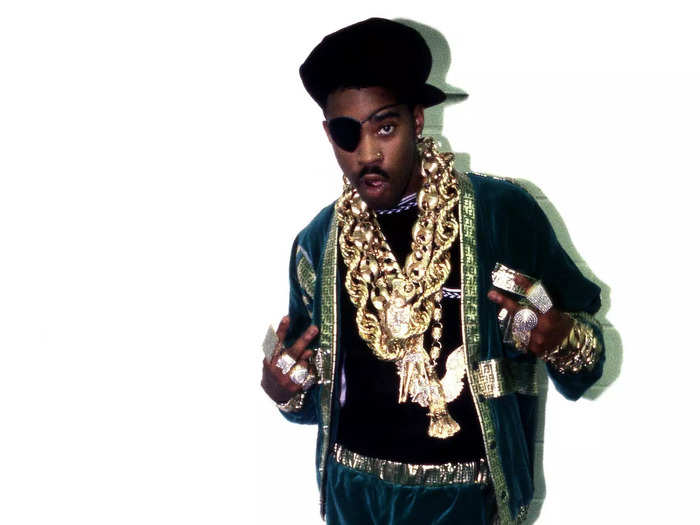
The sample can be heard 10 seconds into "Children's Story," which is Slick Rick's most-played song on Spotify.
"Children's Story" peaked at number five on the Hot R&B singles charts, where it spent 18 weeks and is one of Slick Rick's most successful songs.
In a re-release of the song, the production also includes a sample of Lyn Collin's "Think (About It)."
Slick Rick's mega-hit, which used one of the most sampled songs in hip-hop, is itself one of the most sampled hip-hop songs.
"Children's Story" is heavily sampled and even referenced in Montell Jordan's "This is How We Do It."
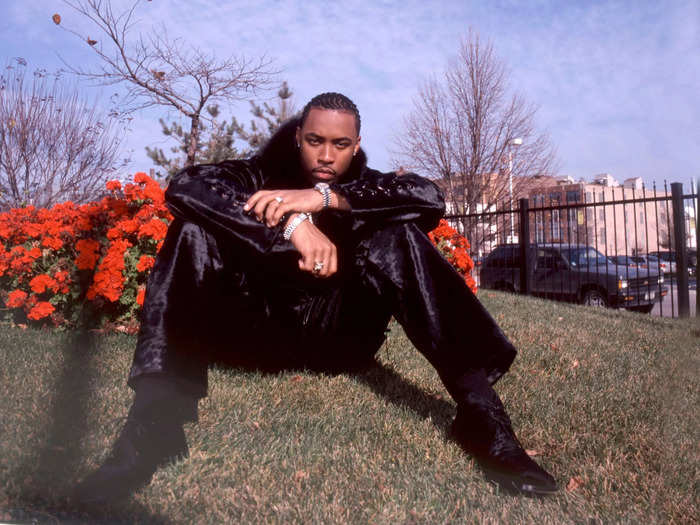
Though mostly different lyrically, the song does pay homage to its predecessor.
In "This Is How We Do It," the third verse is styled in the same way as "Children's Story," ending with: "You and Oji are gonna make some cash, sell a million records and we're makin' tha dash."
The verse references Slick Rick's song lyric: "Me and Ty, we gonna make some cash, Robbin' old folks and makin' the dash."
"Children's Story" by Black Star doesn't use the original as a sample. Instead, it is an homage to the original by Slick Rick, but within the context of the music industry.
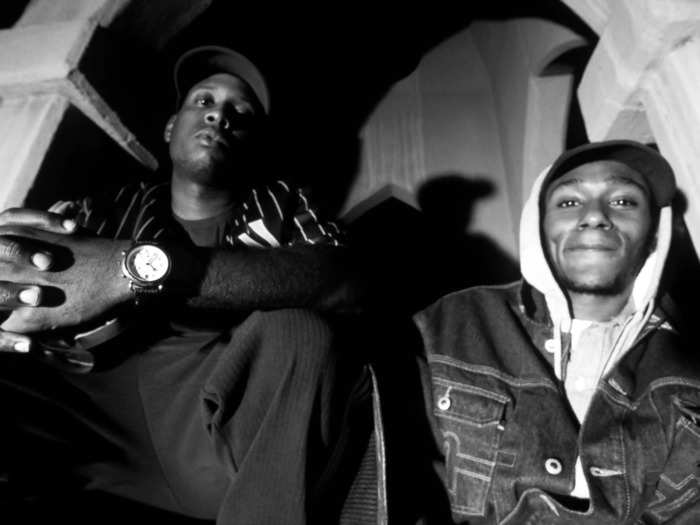
The song itself is about artists in the music industry taking the "easy way out" by sampling entire songs instead of selecting a specific sound from a record.
In an interview with Pitchfork, Questlove recalls hearing Mos Def perform the song at an event in New York.
"He did an a cappella version of Slick Rick's 'A Children's Story,' which is on the Black Star record and is basically about people jacking '80s beats and making them their own, and ruining hip-hop at the same time," Questlove said.
Despite its heavy usage in hip-hop and other genres, sampling can be a tricky legal battle if not done properly.
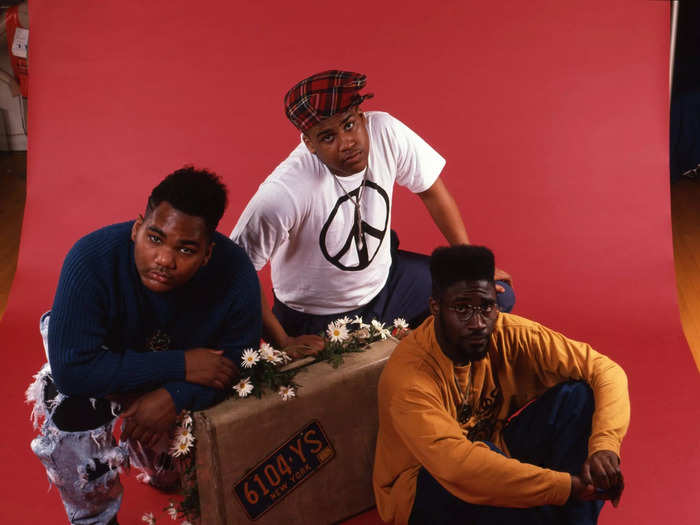
A famous example of an extensive legal battle over sampling is the suit between De La Soul and The Turtles.
The Turtles sued De La Soul for $2.5 million for using their song "You Showed Me."
The case settled out of court for $1.7 million. However, issues with sampling, among others, have prevented De La Soul from releasing their music on streaming or any major platform until earlier in 2023.
Lou Reed agreed to let A Tribe Called Quest use his sample in their song, "Can I Kick It," on the condition that he receive 100% of the royalties from it.
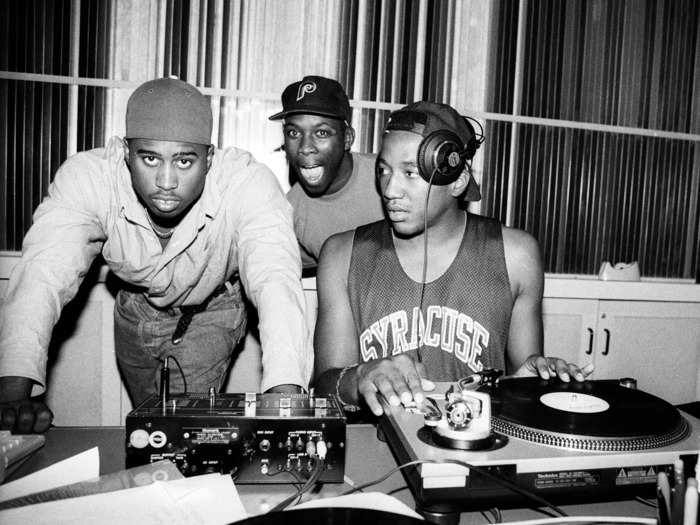
"Can I Kick It," one of A Tribe Called Quest's most notable songs, got caught up in legal trouble for not clearing their sample of Lou Reed's "Walk On the Wild Side."
Lou Reed agreed to let Tribe use the sample on the condition that he receive 100% of the royalties from it, Phife Dawg told the Rolling Stones.
The song spent 11 weeks at number eight on the Billboard Hot Rap Songs charts and has amassed over 200 million streams on Spotify.
Legal battles might make sampling precarious, but the practice finds new life on TikTok.

Jarred Jermaine, a producer and content creator on TikTok, finds success in breaking down the samples in songs.
"People really love samples. People just love music in general, but people really love hearing samples," Jermaine told Insider.
The Merry-Go-Round technique, looping, and sampling have all aided hip-hop's growth beyond its initial boundaries.
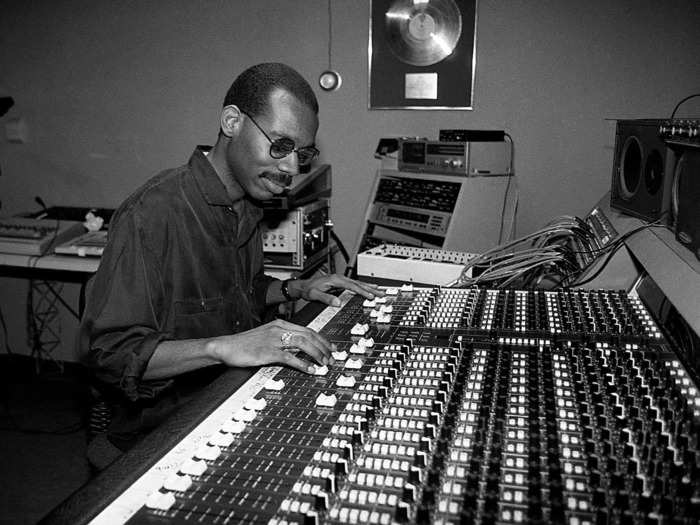
"Twenty, 30, 40 years ago, when hip-hop was newer, you had only so much stuff to listen to," Shaw said. "But now it's this huge, vast catalog."
When hip-hop was newer, producers and DJs pulled from a time before hip-hop existed. Hip-hop has grown and developed its catalog that can continue to feed into and contribute to a new age of music.
Popular Right Now
Popular Keywords
Advertisement